Mobile wallet apps have become increasingly popular as they provide convenience and enhanced payment security. These apps store your payment information on your mobile device, allowing you to make electronic payments without physical credit cards.
With advanced technology and encryption, mobile wallets provide enhanced security for your account information compared to physical payment cards. In this post, we will explore the concept of a mobile wallet, its benefits, and how it works to simplify your financial transactions.
What Is a Mobile Wallet?
A mobile wallet is a digital payment method that stores your credit card or debit card information on your mobile device, such as your phone, tablet, or smartwatch. It is a convenient and secure way for individuals to make online or in-store purchases.
The pre-installed or downloadable application enables users to store various financial information, including credit cards, debit cards, coupons, rewards cards, and even driver’s licenses. These digital wallets can also directly connect with users’ bank accounts, facilitating seamless financial transactions.
How Do Mobile Wallets Work?
Mobile wallets have revolutionized how we make payments by offering a secure and convenient way to store our financial information on our mobile devices. In this section, we will explore the key aspects of how they work.
Store Financial Information
A mobile wallet is a digital repository for your credit or debit card information. It eliminates the need to carry physical payment cards, allowing you to streamline your payment process. Whether it’s on your phone, tablet, or smartwatch, the mobile wallet securely stores your card details, making them readily accessible whenever you need to make a payment.
Beyond payment cards, mobile wallets can also store other important documents, such as driver’s licenses and loyalty cards. This consolidation of information adds to the convenience and versatility of mobile wallets.
Connect to Bank Accounts
Mobile wallets often go beyond simply storing payment card information. They can also establish a direct connection with your bank accounts. You can access and manage your funds by linking your bank account to the mobile wallet. This integration makes it effortless to make transactions directly from your mobile device.
This feature lets you quickly transfer money, check your account balance, and even receive notifications about your financial activity.
Make Payments with Near-Field Communication (NFC)
One of the key technologies used in mobile wallets is Near-Field Communication (NFC). NFC enables secure and convenient contactless payments by establishing a wireless connection between your mobile device and a payment terminal.
When paying in person at a store or restaurant, you simply hold your NFC-enabled mobile device near the merchant’s NFC reader. The mobile wallet app utilizes NFC technology to securely transmit payment information.
This quick and efficient process eliminates the need for physical cards or entering card details manually, enhancing the speed and convenience of transactions.
Are Mobile Wallets Safe?
Mobile wallets have become increasingly popular in recent years, but many people have concerns about their safety. So, are mobile wallets safe? The answer is yes, but it’s important to understand the precautions and security measures.
They use encryption technology to protect your card numbers and financial information, making it difficult for hackers and car skimmers to gain access. Additionally, most mobile wallets require authentication methods such as passcodes, fingerprints, or facial recognition, which adds an extra layer of security you don’t get with physical cards.
It’s crucial to ensure you download mobile wallet applications from trusted sources, such as official app stores and verified websites, to minimize the risk of downloading malicious software. Regularly updating your mobile wallet app and device’s operating system will ensure that any security vulnerabilities are patched.
As with any form of digital technology, there is always a small risk of security breaches, but following these precautions can significantly reduce the likelihood of becoming a victim of fraud or theft. Ultimately, mobile wallets offer additional convenience and security features compared to physical wallets.
Learn more:
Where Can You Use Mobile Wallets?
You can use a mobile wallet in various places to make payments and complete transactions conveniently. You can use a mobile wallet at retail stores if they offer the tap-to-pay feature. By simply scanning a QR code or tapping your phone on a contactless payment terminal, you can quickly and securely pay for your purchases.
Additionally, mobile wallets can be used at restaurants, cafes, and food delivery services, allowing you to easily pay for your meals or order food with just a few taps on your phone. Mobile wallets are widely accepted on e-commerce websites and apps, enabling you to make quick and seamless payments without the need to enter your credit card information every time.
You can use your mobile wallets to pay for transportation services such as taxis, rideshares, and public transportation, providing a convenient alternative to carrying exact cash or searching for loose change.
Lastly, mobile wallets can be used for person-to-person payments, allowing you to send money to friends, family, or anyone else with a mobile wallet by simply entering their phone number or email address.
Best Mobile Wallet Apps
Let’s explore some of the most popular mobile wallet apps available:
Apple Wallet
Apple Wallet, or Apple Pay, is a mobile wallet app exclusively available for Apple devices. It allows you to store your payment cards, boarding passes, tickets, and loyalty cards in one place. With Apple Wallet, you can make secure payments using your iPhone, Apple Watch, or iPad at supported merchants.
Google Pay
The Google Wallet, now known as Google Pay, is a mobile wallet app that works on iOS and Android devices. It lets you store your payment and loyalty cards in one app. With Google Pay, you can make contactless payments using your phone at millions of locations worldwide.
Samsung Wallet
Samsung Wallet, now known as Samsung Pay, is a mobile wallet app for Samsung devices. It provides a convenient and secure way to make payments using your Samsung smartphone or smartwatch. Samsung Pay is compatible with NFC (Near Field Communication) and MST (Magnetic Secure Transmission) technologies, allowing you to make payments at almost any payment terminal.
Venmo
Venmo is a popular mobile wallet app primarily used for person-to-person payments. It allows you to send and receive money from friends and family easily. Venmo also offers a social aspect, where you can share payments and interact with others through comments and emojis.
PayPal
With the PayPal app, you can link your bank accounts, credit cards, and debit cards to make secure payments. It provides a seamless and convenient way to shop online or pay at participating merchants while enjoying PayPal’s purchase protection.
Other Popular Apps
There are a few other digital payment apps :
- Microsoft Wallet
- Square Cash App
- Zelle
- Chase Pay
- Walmart Pay
Whether you’re an iPhone user or an Android enthusiast there is an app that suits your needs. With these apps, you can enjoy a seamless payment experience and leave your physical wallet behind.
Advantages of Mobile Wallets
With the increasing usage of smartphones, digital wallets offer numerous advantages that make them a preferred choice for many individuals.
- Convenience and Accessibility: With a mobile wallet app installed on your smartphone, you can carry all your payment information in one place, eliminating the need to carry multiple physical cards or cash.
- Enhanced Security: Security is a top concern in financial transactions, and mobile wallets add protection you may not have with your physical card. Encryption, tokenization, and biometric authentication (like fingerprint or facial recognition) provide higher security for your transactions. These additional security measures ensure your sensitive payment information remains secure and protected from potential fraud or identity theft.
- Contactless Payments: Contactless payments have gained immense popularity in today’s fast-paced world. Mobile wallets enable you to make secure contactless payments by tapping your phone on a compatible payment terminal. Whether you’re grabbing a coffee on your way to work or shopping for groceries, mobile wallets allow for quick transactions.
- Rewards and Loyalty Programs: Mobile wallets often integrate with rewards and loyalty programs offered by retailers and service providers.! You can easily track and redeem your rewards by consolidating these programs within your mobile wallet.
- Budgeting and Expense Tracking: Many mobile wallet apps offer features like spending trackers and budgeting tools, allowing you to monitor your expenses in real time. You can set spending limits, categorize transactions, and receive notifications when you reach your budget limits. These added insights help you stay on top of your personal finances and make informed decisions about your spending habits.
Digital Wallet vs. Mobile Wallet
You may come across the term “digital wallet” in various contexts, including being referred to as an “e-wallet.” A digital wallet is software that allows users to store their credit and debit card details and loyalty cards in the cloud. The advantage of a digital wallet is that it consolidates all your card information in one convenient location. Since it is cloud-based, you can access your wallet from any connected device.
A mobile wallet is exclusively designed for use through mobile apps. In other words, a mobile wallet is a digital wallet that operates through a dedicated mobile application.
Digital wallets offer a wide range of functionalities that can be used across different platforms, including:
- Making eCommerce payments online: Services like PayPal exemplify the ability to use digital wallets for seamless online transactions.
- Transferring money between friends: Apps like Venmo and Apple Pay enable users to send and receive funds easily.
- Making mobile contactless payments: Popular mobile wallet examples include Apple Pay, which allows users to make payments with a quick tap on their mobile devices.
On the other hand, mobile wallets are limited to contactless payments instead of using credit cards or cash.
Final Thoughts
With its convenience, security, and efficiency, mobile wallets can be expected to become a mainstream alternative to cash and card payments. In the last few years alone, retailers have readily adopted the technology due to the pandemic’s impact on contactless payment.
As more businesses embrace this payment option and consumers become more comfortable using their smartphones for transactions, mobile wallets are a great way to make purchases without worrying about security concerns, such as pickpocketing or card skimming.
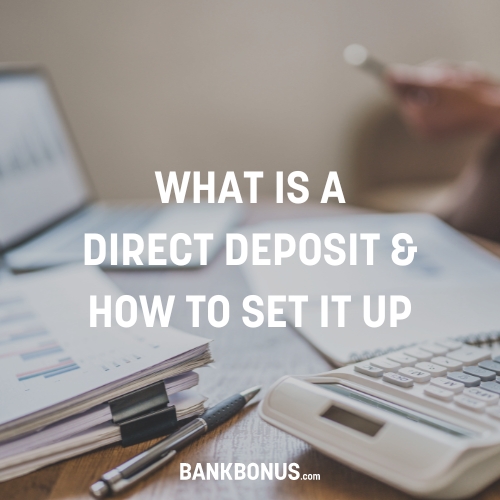
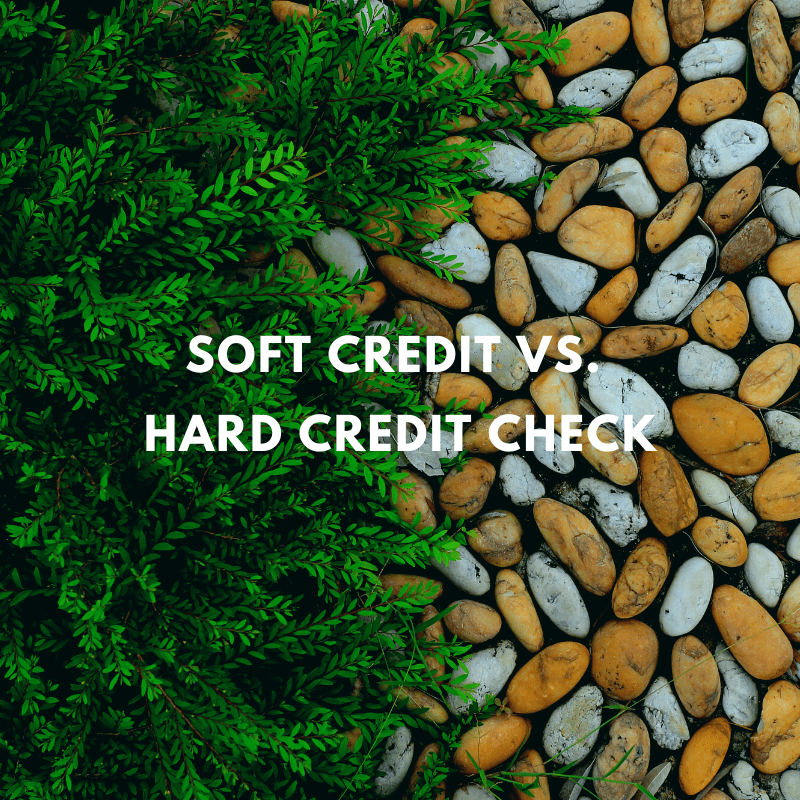
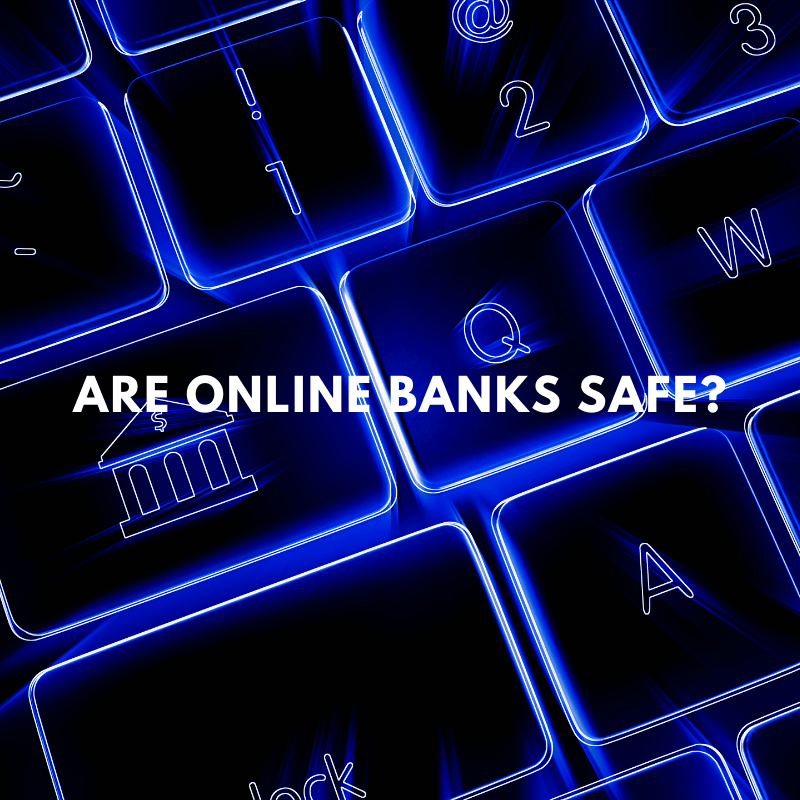
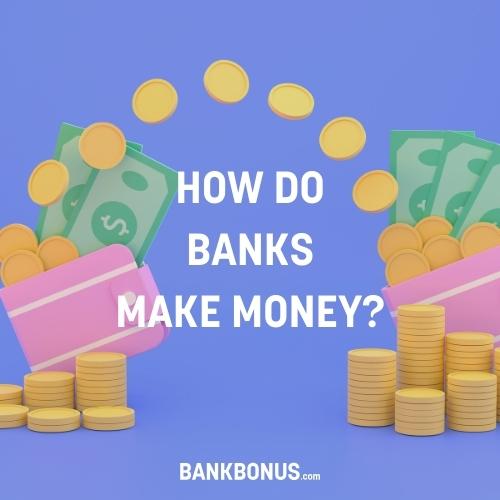
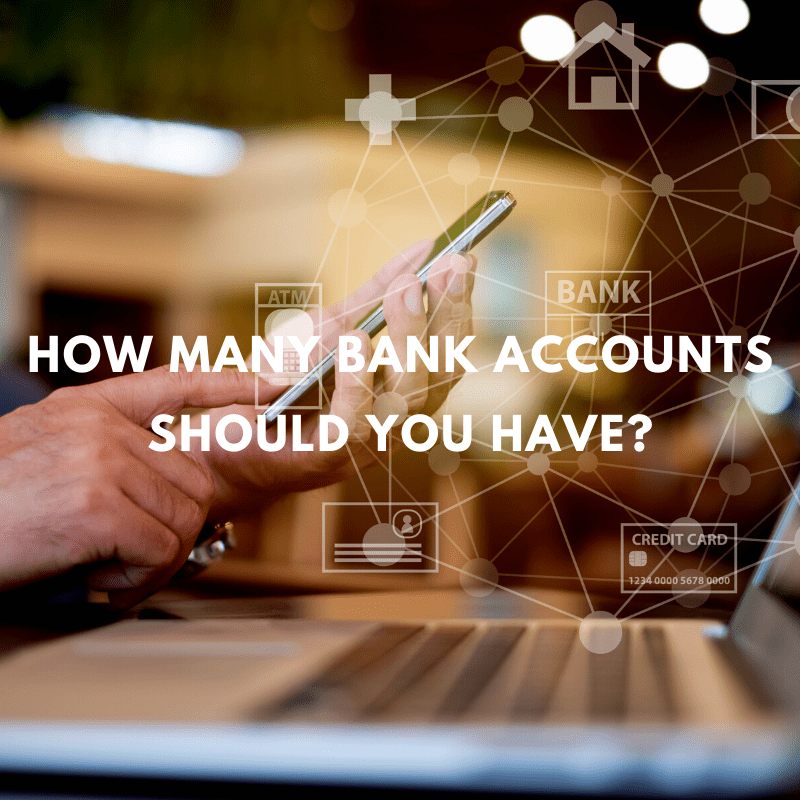
Comments are closed.
Comments are closed here.